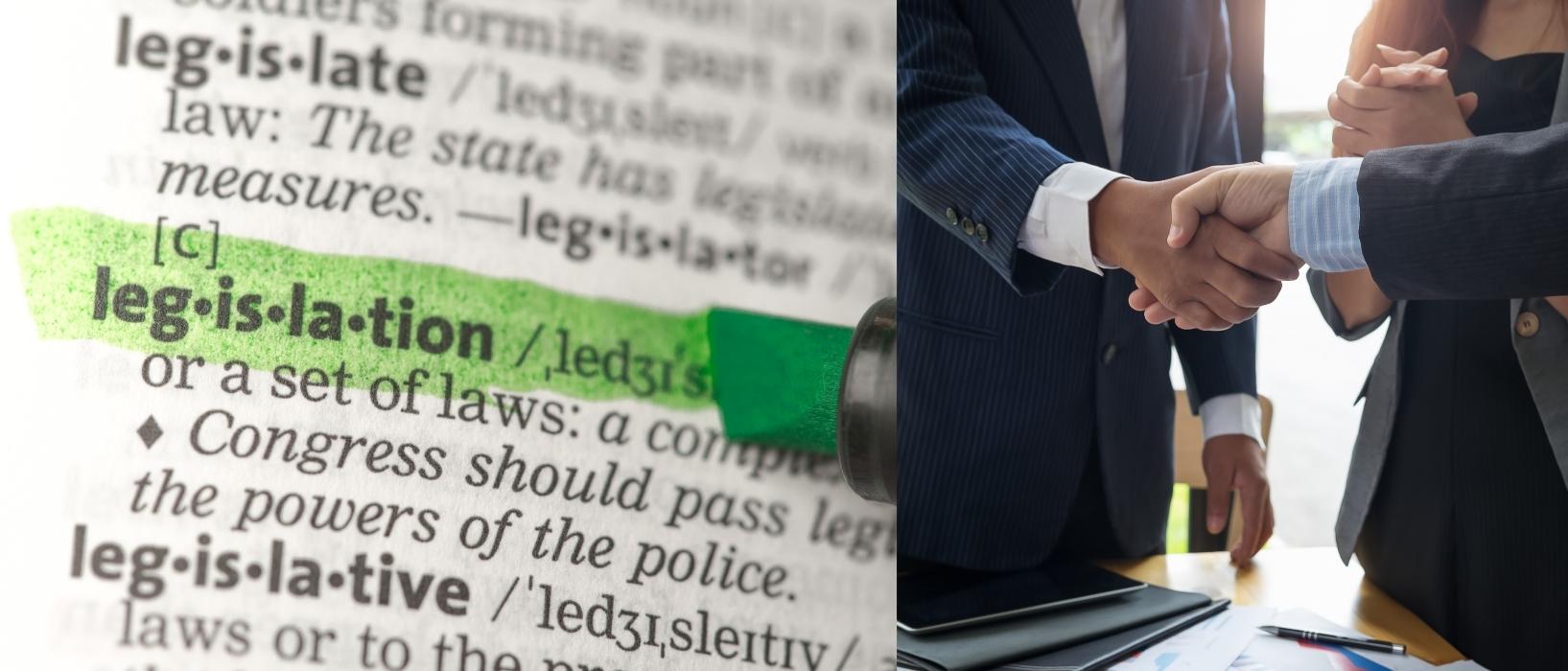
Countries worldwide have set targets and are aiming to rapidly reduce emissions while protecting the natural environment. This means that an increase in green legislation is guaranteed and, indeed, has already started.
While most current legislation only affects large corporations, businesses of all sizes must be prepared for what is coming. This article provides an overview of some of the areas likely to face legislation within the next few years and a guide to how to make sure you are ready for what is to come.
Energy and Emissions
The topic that draws the most attention is the energy your business uses and the greenhouse gases it emits. In the UK, it is already a requirement for quoted or large unquoted organisations to report carbon emissions, which will soon likely be the same for SMEs, too.
As the world moves away from fossil fuels, more and more businesses are tracking carbon emissions, rebalancing their carbon, reducing their footprint, and even generating their own clean energy. This only gets easier and cheaper as time passes and technology expands in this area. As well as a way to prepare for upcoming legislation and help the planet, using cleaner energy and reducing emissions can also improve your business’s bottom line.
A Circular Economy
A circular economy is one where we find ways to share, lease, reuse, repair, refurbish, and recycle existing materials and goods for as long as possible, so we can make the most of what we have. This would not only reduce the need to mine and harvest new materials but cut massively down on waste, too.
In March 2020, the European Commission adopted the Circular Economy Action Plan, listing 35 actions to make sustainable products and circularity the norm. It’s very likely similar legislation, such as requiring companies to reuse a percentage of every product they create, will be introduced in other countries and states in the coming future. For businesses that make physical goods, it would be beneficial to evaluate the lifetime footprint of your products and find ways to reduce and reuse your materials.
Corporate Social Responsibility
In the past few years, there has been an increase in legislation specifically targeting corporate social responsibility, or CSR, rather than it being seen as voluntary. The vast majority of this has been focused on mandatory CSR reporting under which companies must disclose extensive information about their social and environmental plans, actions or performance. Some are already beginning to recognise this and adding information to their websites about how they are focusing on becoming more sustainable and conscious.
Regardless of regulations, the values of consumers and employees are changing and measuring your environmental and social impact can help your business grow. Objectives need to focus not just on revenue but on the impact on people and the planet, too.
Make Your Workforce Climate Positive
Right To Repair
More specific to manufacturing industries, several countries have already begun introducing “Right to Repair” bills. This makes it harder, or outright bans, manufacturers from using special tools, batteries or components not readily available to the wider market. This is to crack down on companies doing precisely this, causing more products to be discarded instead of repaired and increasing e-waste. Along with the right to repair, places like the EU are looking to standardise power cords and other components to reduce waste even further.
Ethical and Sustainable Supply Chains
For most companies, the vast majority of their greenhouse gas emissions come from their supply chains, making it a key area likely to face increased legislation in the coming years. Creating a fair, ethical, and sustainable supply chain should be a priority for any business.
This can be done by first assessing your supply chain for issues and breaking it down into smaller elements in order to identify areas of improvement. Of course, while some big organisation can control their entire supply chain, most businesses will engage with suppliers, haulage companies, and many other third parties. Here, they must engage, encouraging positive attitudes towards sustainability. These can be small steps, such as making sustainability a regular part of your conversations or providing recognition and rewards. You can also even share the costs of sustainability improvements.
Regardless of the specifics, upcoming green legislation will shift the priorities of every business, making them focus on people and the planet as much as revenues. At Play It Green, we are helping businesses prepare for this change through our unique 3-step solution to climate change: Reduce, Repair, Regive.
We provide tips and advice on reducing your business’s footprint, along with providing access to our Net Zero Framework and network of sustainability experts to help your business on the journey to Net Zero. Through our partnership with Eaasi Carbon, we can also offer carbon footprint reporting for SECR scope 1, 2 or 3 with the option to rebalance the historical and current company emissions to become carbon neutral.
All this is done while making a positive social impact through the trees planted, which benefits members of the local communities in Madagascar, and by giving back to a charity of your choice.
Whatever you do, it’s up to you to make sure your business is prepared for upcoming green legislation. If you haven’t started taking action, the time to do so is now.
Be The Climate Solution
Find out how Play It Green can help your business




